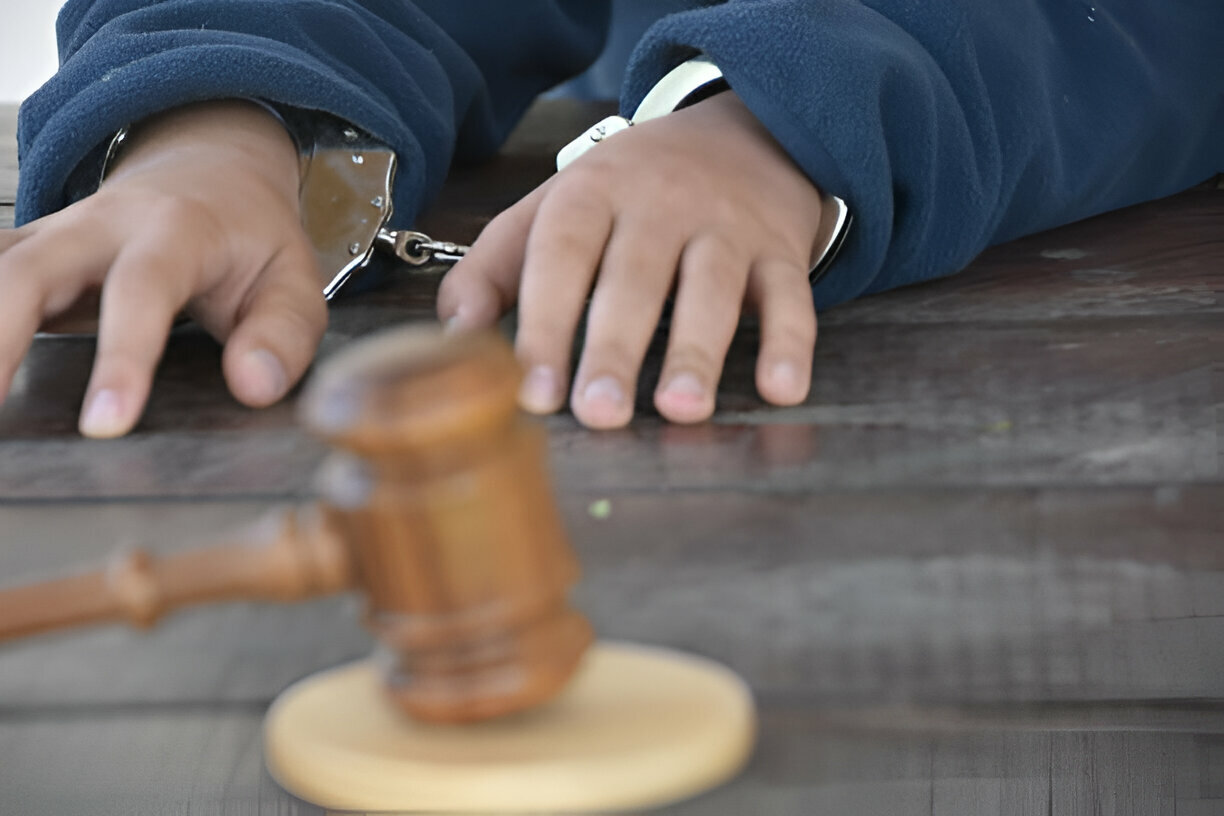Child pornography offences are some of the most serious crimes under Canadian law. They are outlined in section 163.1 of the Criminal Code and include far more than just photographs or videos written stories, audio recordings, and other media can also be criminal. In this article, we’ll explain the legal definition of child pornography, break down the specific offences, give examples, outline sentencing ranges and mandatory minimums, and discuss common legal issues.
Definition of Child Pornography
Under section 163.1(1) of the Criminal Code, “child pornography” means:
- Any photographic, film, video, or other visual representation (real or digitally created) that shows a person under the age of 18 engaged in, or depicted as engaging in, explicit sexual activity;
- Any visual representation that focuses on a minor’s sexual organs or anal region for a sexual purpose;
- Any written material or visual representation that advocates or counsels sexual activity with a person under 18;
- Any audio recording that describes such activity for a sexual purpose.
This broad definition is meant to protect children from all forms of sexual exploitation, both online and offline.
Various Child Pornography Offences and Their Sections
- Making/Producing (s. 163.1(2)) – Creating, producing, or possessing child pornography for the purpose of publication.
- Distribution (s. 163.1(3)) – Transmitting, selling, advertising, or making child pornography available.
- Possession (s. 163.1(4)) – Having child pornography stored physically or digitally.
- Accessing (s. 163.1(4.1)–(4.2)) – Knowingly retrieving or viewing child pornography, including causing it to be viewed or transmitted to oneself.
Examples of Illegal Conduct
Canadian courts have made it clear that:
- Actively searching for and viewing child pornography online is an “accessing” offence, even without downloading it.
- Sending or forwarding files containing child pornography is “distribution,” even if only one file is shared.
- Writing or creating fictional stories about sexual activity with minors for a sexual purpose can also be illegal.
In R. v. Sharpe, 2001 SCC 2, the Supreme Court confirmed that written depictions may qualify as child pornography. The Court carved out a narrow defence for purely private work with no risk of harm, but in almost all situations, fictional sexual content involving minors is criminally prohibited.
Mandatory Minimums and Charter Challenges
Most offences under s. 163.1 carry mandatory minimums:
- Indictable offences (possession, access, making, distribution) – minimum 1 year imprisonment
- Summary offences – minimum 6 months imprisonment
The maximum sentences range from 10 to 14 years, depending on the offence. Some mandatory minimums have been challenged under section 12 of the Charter (protection against cruel and unusual punishment), and in certain cases, courts have found them unconstitutional. However, unless struck down for your specific charge in your jurisdiction, the minimums still apply.
Range of Sentencing
Sentencing depends on several factors:
- First-time offenders with small amounts of material: 6 months–2 years (possession/access)
- Distribution or making offences: Often 1–7 years or more
- Aggravating factors: Large volume of material, organized distribution, victims under 12, prior convictions, or direct involvement with children
- Mitigating factors: First-time offence, early guilty plea, genuine rehabilitation, no direct contact with minors
Defences
Under section 163.1(6), it is a defence if the material had a legitimate purpose related to science, medicine, education, justice, or art and did not pose an undue risk to anyone under 18. Both elements must be proven, and courts rarely accept this defence without clear, credible evidence.
Enforcement and Forfeiture
Sections 164 to 164.2 of the Criminal Code allow courts to issue search warrants, seize suspected material, and order internet service providers to remove illegal content. Upon conviction, courts can order the forfeiture of any property—computers, phones, cameras—used in committing the offence.
Final Thoughts
If you or someone you know is facing a child pornography charge, the consequences are life-altering. Immediate legal advice is essential to protect your rights and explore every possible defence.
For a free and confidential consultation, contact Linh Pham at (306) 502-5987.
Legal Citation:

